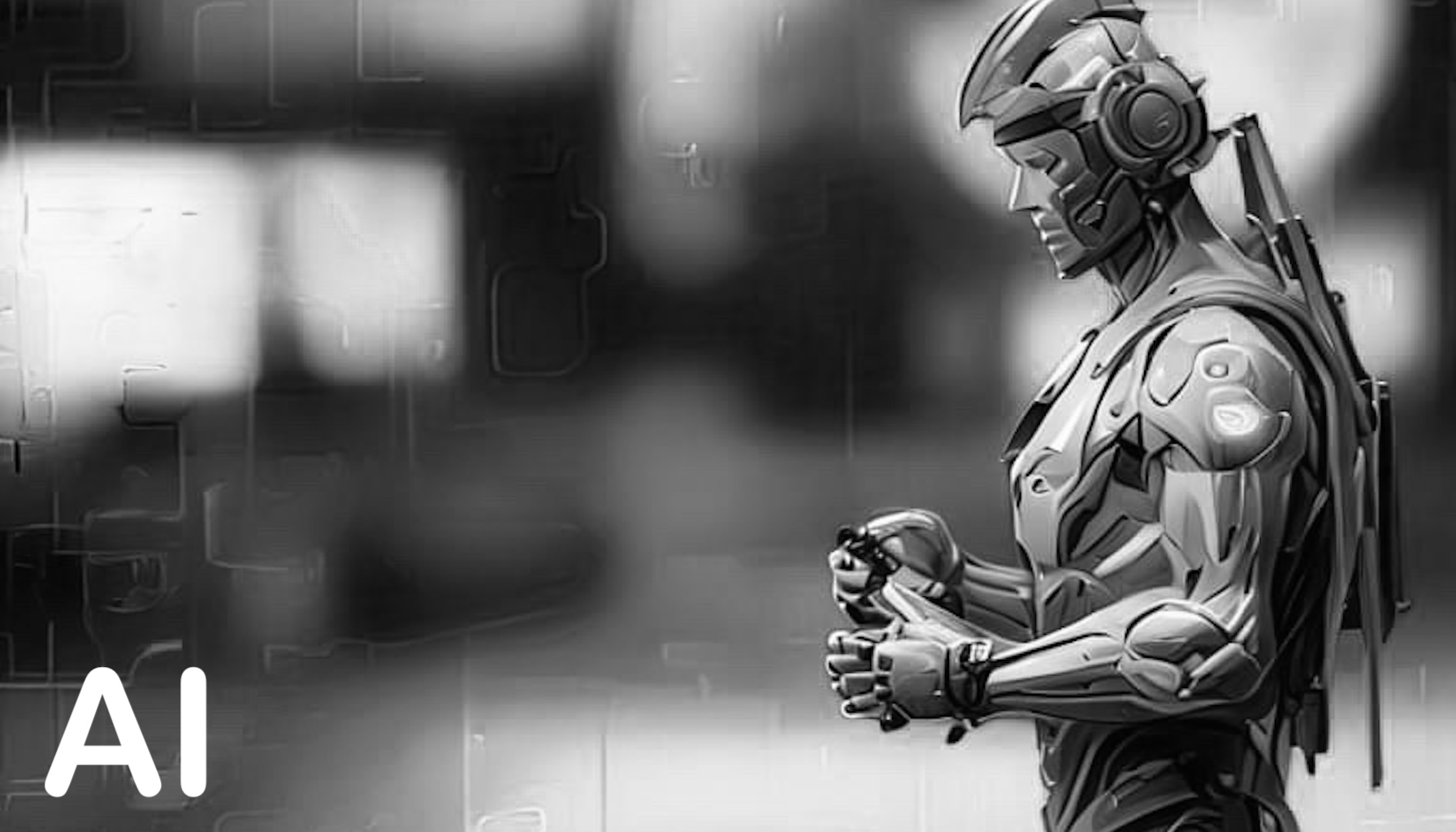Artificial Intelligence (AI) is making waves across many industries, but one area where it’s proving to be a game-changer is cybersecurity. With the rise in digital threats, AI is stepping up to help organizations better protect their data and systems. In this article, we’ll look at how AI is transforming cybersecurity, why it’s becoming essential, and what this means for the future of digital security.
The Ever-Growing Cyber Threat
With more businesses and governments going digital, cybercriminals are finding new opportunities to exploit vulnerabilities. Cyberattacks are becoming more frequent and more sophisticated, ranging from ransomware and phishing to complex, advanced persistent threats (APTs). The sheer volume of data moving through networks today makes it difficult for traditional cybersecurity systems, which rely heavily on human intervention and predefined rules, to keep up.
Hackers are also getting smarter. They are using AI and machine learning to launch automated attacks that can quickly find weaknesses and bypass security systems. This makes it nearly impossible for human teams alone to respond to every threat in real time. Enter AI—offering a powerful solution that can process huge amounts of data, spot unusual patterns, and quickly adapt to new threats.
How AI is Changing Cybersecurity
- Detecting Threats in Real Time
One of AI’s biggest strengths is its ability to identify cyber threats as they happen. Traditional cybersecurity systems often rely on signature-based detection, which means they look for known threats. AI, on the other hand, can spot new, previously unknown threats by analyzing patterns in data and recognizing unusual behavior.
For example, AI-driven systems can continuously monitor network traffic, picking up on small signs that might indicate a potential cyberattack. By flagging these anomalies early, AI can help prevent security breaches before they cause damage.
- Automating Incident Response
Another key benefit of AI is its ability to automate responses to security incidents. In many cases, when a cyber threat is detected, immediate action is needed to contain the damage. AI can automatically take steps like isolating affected systems, shutting down malware, or blocking unauthorized access without waiting for a human to intervene.
This quick response is crucial in high-stakes situations where every second counts. By automating these tasks, AI allows human cybersecurity teams to focus on more complex problems that require critical thinking and expertise.
- Predicting Future Threats
AI isn’t just reactive; it’s also proactive. Through predictive analytics, AI can analyze historical data to identify trends and potential vulnerabilities. This allows organizations to strengthen their defenses before an attack even happens.
For example, AI-powered threat intelligence platforms gather data from various sources—such as the dark web, social media, and network activity—and use it to predict where attacks might come from next. This proactive approach can help organizations stay ahead of cybercriminals.
- Monitoring User Behavior
AI is also improving how we monitor and understand user behavior within systems. AI-driven tools can analyze how users typically interact with software and flag anything out of the ordinary. For example, if an employee suddenly starts downloading large amounts of sensitive data at unusual hours, AI can recognize this abnormal behavior and alert the security team.
This type of monitoring, known as User and Entity Behavior Analytics (UEBA), is especially useful for identifying insider threats or compromised accounts. By catching these red flags early, organizations can prevent data breaches before they spiral out of control.
- Combating AI-Powered Attacks
While AI is a powerful ally in the fight against cybercrime, it’s also being used by attackers to create smarter, more deceptive attacks. Hackers are developing AI-generated phishing emails that look incredibly realistic, or even malware that evolves on its own to avoid detection.
This is leading to an AI arms race in cybersecurity, where defenders and attackers are both using AI to outsmart one another. Cybersecurity experts are developing more advanced AI tools to counteract these threats, including AI-powered encryption, deception techniques, and more robust malware detection systems.
The Role of Humans in an AI-Powered Cybersecurity World
Even with all these advancements, AI isn’t a magic bullet. It’s a powerful tool, but it still requires human oversight. Cybersecurity is a complex field, and while AI can handle tasks like data analysis and automated responses, human expertise is still needed to interpret results, make strategic decisions, and address complex threats that AI alone can’t solve.
Think of AI as a way to boost human capabilities. By automating routine tasks and providing real-time insights, AI allows cybersecurity professionals to focus on the bigger picture, like developing security policies, managing risk, and ensuring regulatory compliance.
Looking Ahead: AI’s Future in Cybersecurity
AI is already changing the game in cybersecurity, but we’re just scratching the surface. As cyber threats continue to evolve, AI will play an even bigger role in protecting digital infrastructures. The technology is expected to become more integrated into cybersecurity frameworks, helping organizations stay ahead of increasingly sophisticated attackers.
However, as cybercriminals adopt AI to craft more advanced attacks, the cybersecurity community will need to continue innovating. The future of cybersecurity will depend on a partnership between human intelligence and AI, working together to build a more secure digital world.
In conclusion, AI is a crucial asset in the ongoing battle against cyber threats. With its ability to detect, prevent, and respond to attacks faster and more efficiently than traditional methods, AI is set to play a major role in shaping the future of digital defense. But it’s important to remember that it’s not AI versus humans—it’s AI and humans working together to create a safer digital space.
Note: If you have more questions about the current topics, such as Data Management and Security, Cybersecurity, IT Management, VPN and so on, please don't hesitate to reach out to us. We are more than happy to help!

